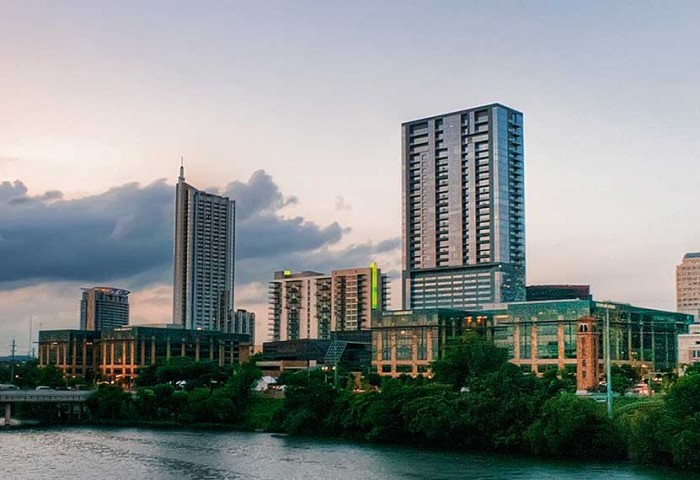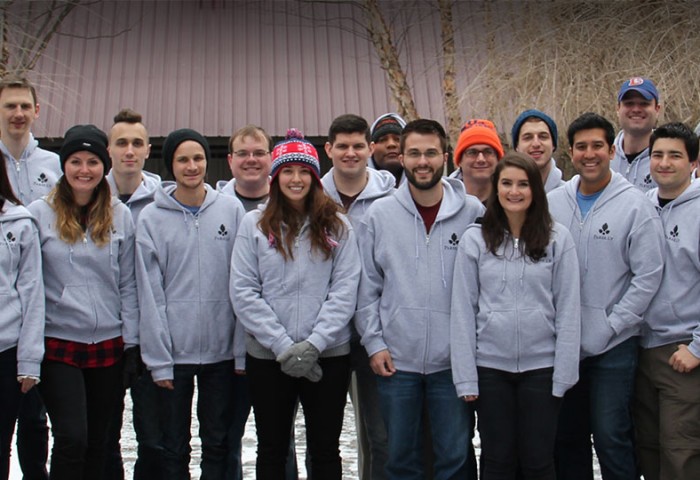PR Manager Kalli Bean tells us why Vacasa believes that allowing employees the freedom to work remotely benefits the company tremendously.
How many employees and contractors do you have?
1,000
Please tell us about the importance of location independence at your company.
At Vacasa, many of our employees work “in the field” in the regions they operate homes in. This is important to us as a service-based business that relies on local customer support. In the main office, many employees opt to work remotely from the places that inspire them.
Did you start with the intention of having a distributed or nomadic team? If not, when did you decide to support people working remotely?
The Vacasa business model relies on a distributed workforce in the field, and the company’s intention has always been to enable employees to be present in the moments in their lives that matter to them. Offering a flexible schedule allows them to enjoy that benefit and stay engaged within the company.
What are some of the challenges you face as a team without a central location or office?
We’re also working hard to maintain our company culture while simultaneously scaling our product. It is a high priority to keep the energetic, fun and invigorating culture we have cultivated at Vacasa, while continuing to onboard new employees as the business grows. At times, communication between teams and with the main office can be challenging. In anticipation of this challenge, we have invested heavily in our change management and internal communications staff and programs.
What’s the upside that comes with not having a central location or office?
Allowing our employees the freedom to work from locations that inspire and invigorate them benefits Vacasa’s final product tremendously. We find that trusting our employees leads to a positive, collaborative culture where employees are engaged in their work.
Are there important non-office workspaces in the history of building your company — a favorite coffee shop, bar or similar space?
Vacasa was founded over a kitchen table.
What % of your company regularly works remotely?
About 80 percent of our employees work in the field in operations and business development. Of our 200+ main office employees, about 75 regularly work from home, though we offer that benefit to most employees at their manager’s discretion.
Any advice or best practices for supporting the work styles of your teammates from a distance?
Communication is key. Try to get together with your whole team in person at least every other week to align synergies.
What types of places do your teammates choose to work from when remote?
Coffee shops, their homes, our vacation rentals, and travel destinations all over the world.
What qualities do you look for when hiring for a distributed team?
Entrepreneurial spirit, work ethic, organization, communication and collaboration.
You’ve built great products that help the distributed workforce at large. Why did you choose to do that?
At Vacasa, we leverage technology to improve our business both for homeowners and vacationers, as well as our employees. Proprietary technologies such as our housekeeping app enable our team members to more efficiently complete tasks, stay organized, and receive important updates.
What are your thoughts on Workfrom’s role in the way work is getting done — now and in the future?
Many of our staff use Workfrom to identify places to work remotely, which is a tremendous benefit.



Responses